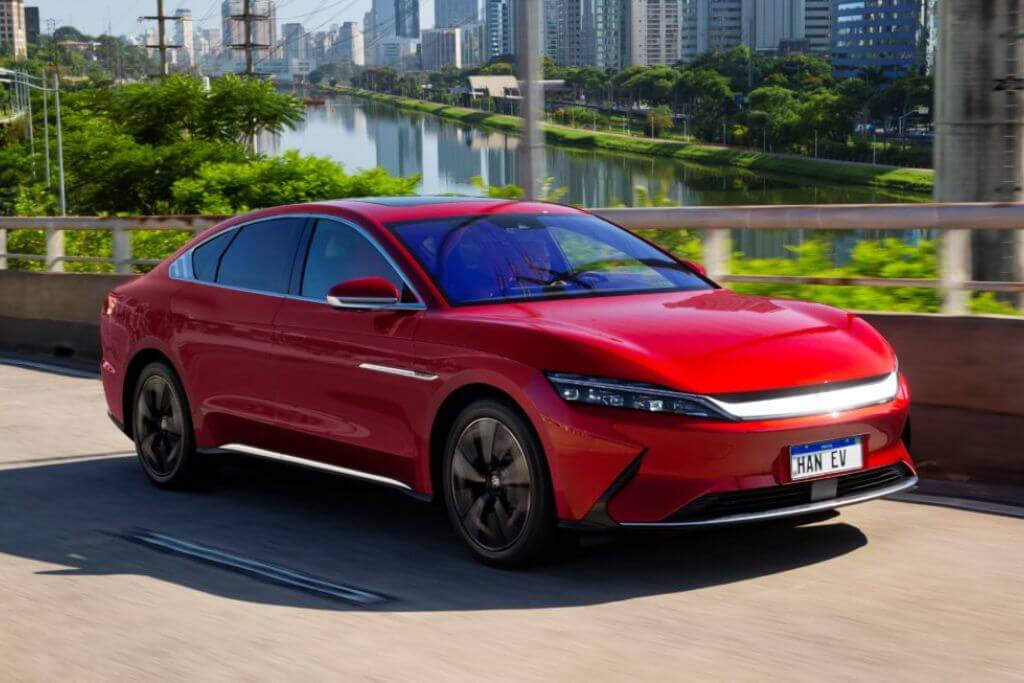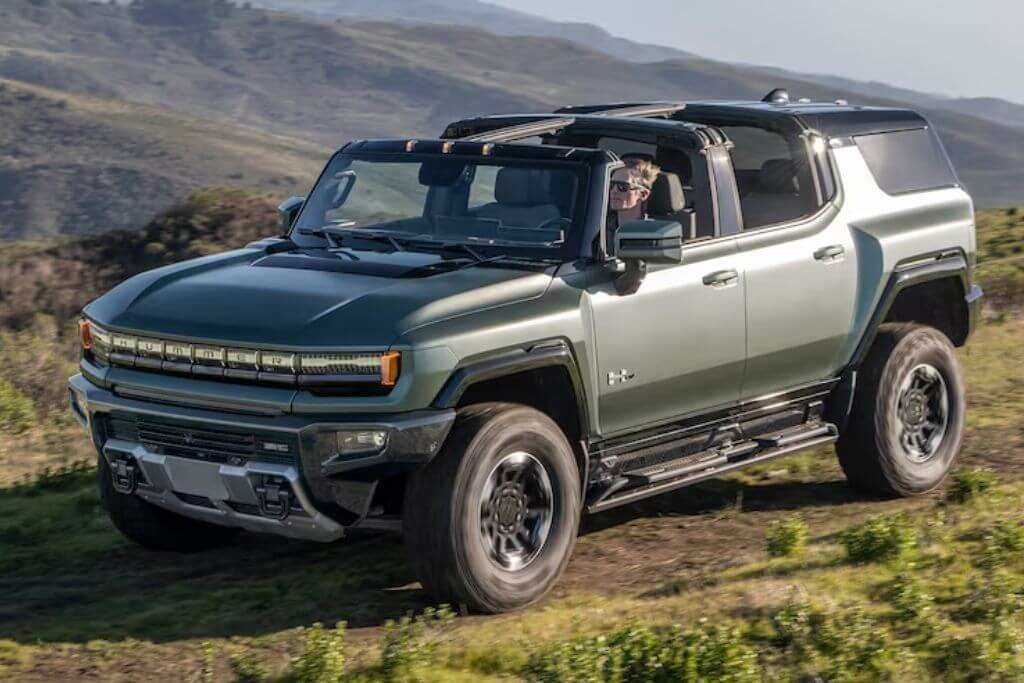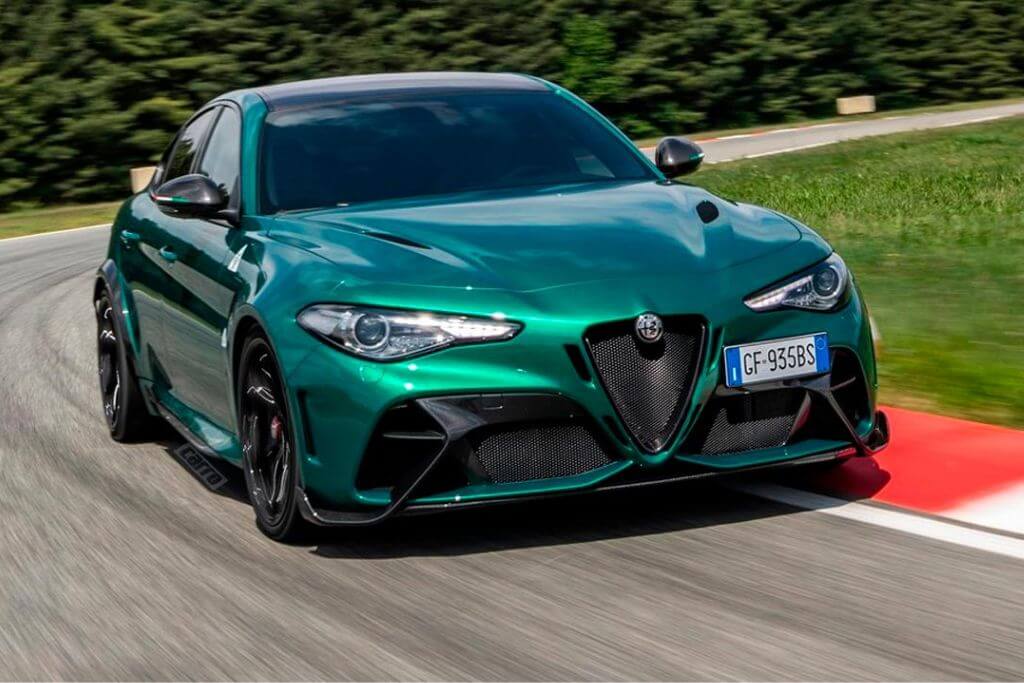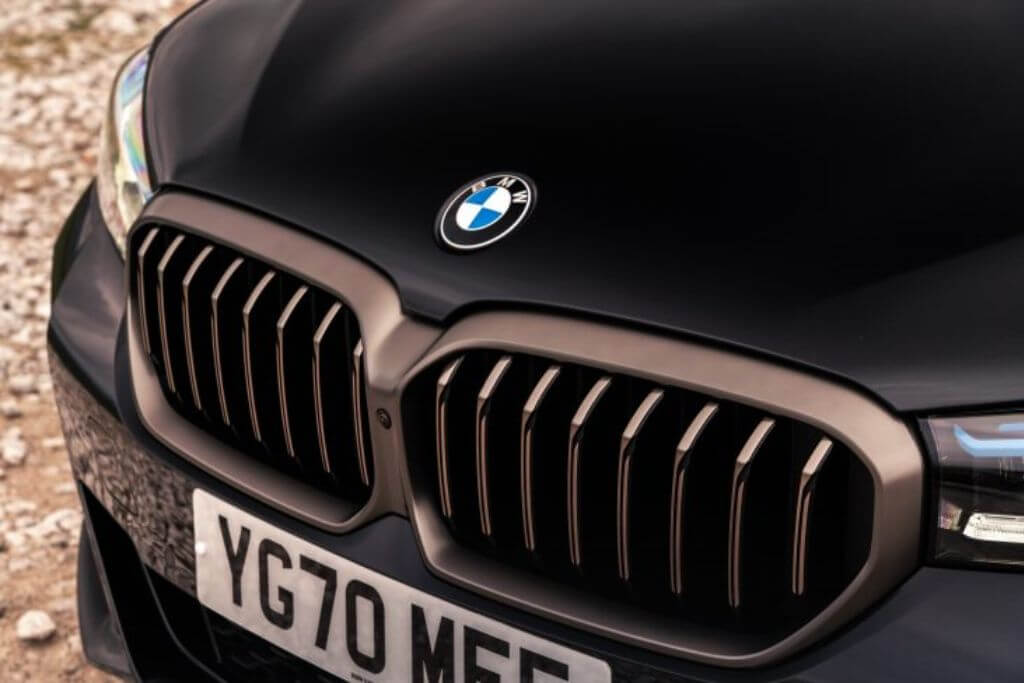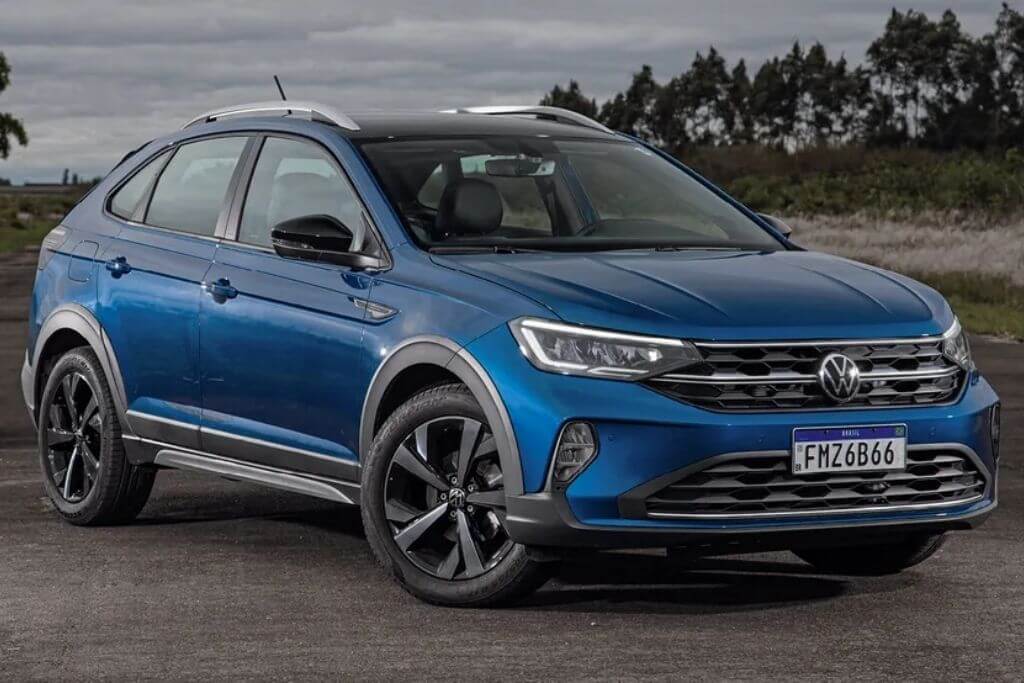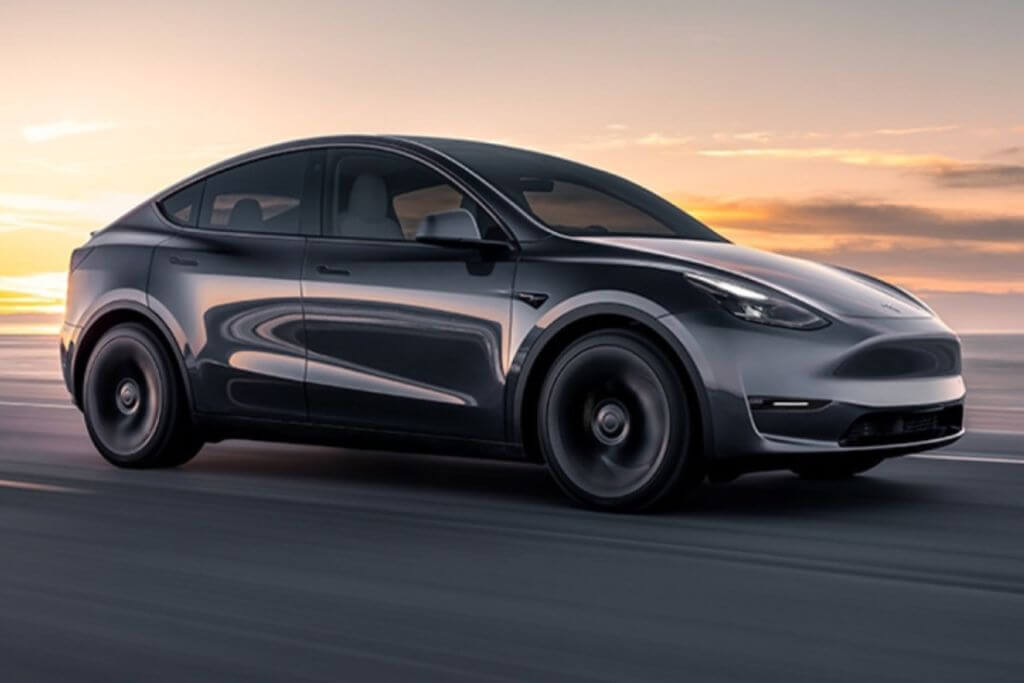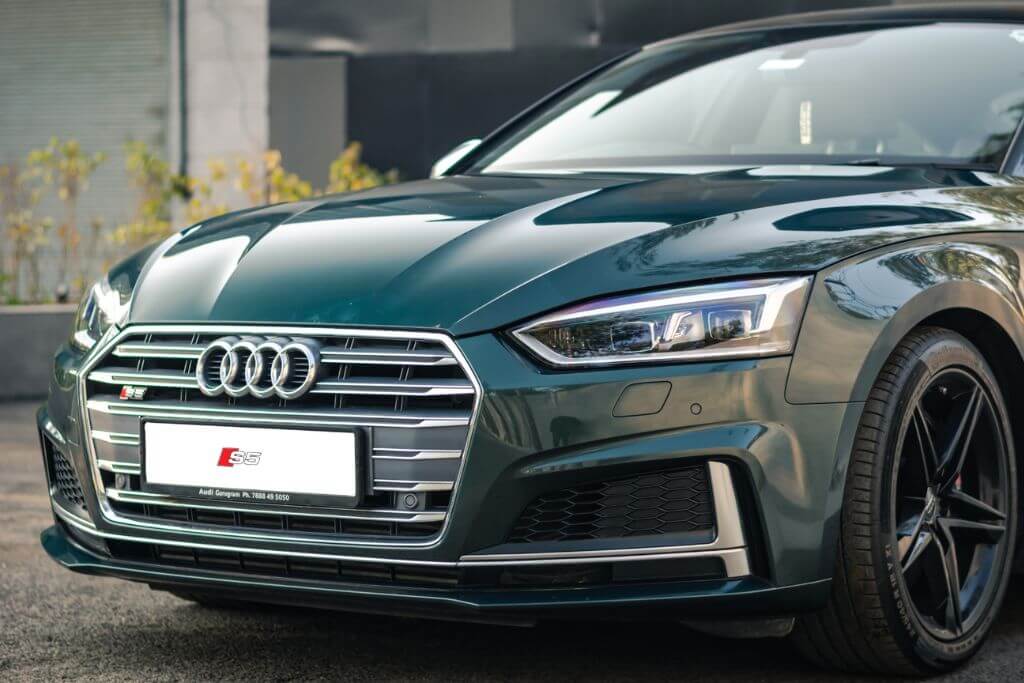Learn more about diesel engines and how they have changed the automotive sector over the years
Adverts
The history of diesel engines dates back to the end of the 19th century, when Rudolf Diesel, a German engineer, designed and patented a new type of engine. In 1892, Diesel registered the patent for the engine that would bear his name.
The main innovation of this engine was the ignition method: while petrol engines used an electric spark to ignite the air-fuel mixture, diesel engines compressed the air to high temperatures, where the fuel was then injected and ignited.
The first successful demonstration of this engine took place during the Paris World Exhibition in 1898, when Diesel presented an engine running successfully on peanut oil as fuel.
Adverts
Thermal efficiency and high torque made diesel engines popular in industrial applications, ships and locomotives at the beginning of the 20th century.
Expansion in the automotive industry began in the mid-20th century, especially in commercial vehicles, lorries and buses, due to their fuel efficiency and durability.
Over the decades, significant technological developments have taken place, such as high-pressure direct injection, turbochargers and electronic control systems.
However, challenges arose at the beginning of the 21st century, with environmental concerns and stricter emissions regulations. Manufacturers responded by investing in technologies to reduce emissions, including particulate filters and selective catalytic reduction (SCR) systems.
Although diesel engines still play a vital role in sectors such as commercial transport, construction and power generation, the growing emphasis on cleaner alternatives such as electric vehicles has brought about changes in the adoption of these engines in some regions and industries.
Quick Index:
Differences between petrol and diesel cars
The distinction between petrol and diesel cars lies in specific characteristics that meet different consumer needs and preferences.
Diesel-powered cars are notable for their durability and fuel efficiency. Well-designed diesel engines often achieve long mileages, approaching or even exceeding 1,000,000 kilometres, provided they maintain a regular regime of preventive maintenance.
- The 5 best online auction sites
- How to tell if an online auction site is reliable
- Discover the Car and Motorbike Auctions
This longevity is an appreciated feature, especially in contexts where engine endurance is crucial, such as in commercial and commercial vehicles.
On the other hand, petrol-powered cars are renowned for providing greater power and, as a result, higher final speeds.
The power delivered by petrol engines generally results in sportier performance and, for car enthusiasts, the response and drive of a petrol engine is often considered more engaging and fun.
Therefore, the choice between petrol and diesel cars will often depend on the consumer's priorities, taking into account factors such as durability, fuel efficiency, power and personal preferences regarding the driving experience.
Diesel and lorries
In the truck segment, diesel engines play a dominant role in the market. This prevalence is driven by the substantially greater durability offered by these engines compared to petrol engines.
Longevity is a crucial factor, especially considering that lorries often operate continuously throughout their working lives.
Diesel engines are the preferred choice in heavy vehicles, such as lorries, due to their ability to withstand rigorous working conditions and intensive performance demands.
The endurance and fuel efficiency offered by diesel engines make them ideal for applications that require strength, reliability and long periods of operation.
In addition to lorries, these engines are also commonly used in heavy machinery and industrial equipment, where robustness and durability are equally crucial to ensure smooth operation in challenging environments.
Diesel cars today
Today, diesel-powered cars are recognised for their remarkable durability and fuel efficiency, maintaining their popularity around the world. They continue to play a significant role in the automotive industry, especially when it comes to sales of new models.
Since the original creation of the diesel engine by Rudolf Diesel in 1893, the technology associated with diesel engines has come a long way. Although these engines have been around for more than a century, it wasn't until 1912 that they began to be produced on a large scale to equip new motor vehicles. This evolution highlights the longevity and adaptability of diesel engines over time.
Diesel cars are known for offering a fuel-efficient alternative and are appreciated for their endurance and economical performance. These vehicles remain a popular choice for many consumers looking for efficiency and durability in their transport options.
Current cars with diesel engines
Nowadays, many manufacturers offer cars with diesel engines, especially in specific vehicle segments. Diesel engines are known for their fuel efficiency and high torque, and are favoured in applications that demand long distances and load capacity. Here are some examples of current cars with diesel engines:
BMW 320d:
BMW offers diesel versions of some of its models, such as the BMW 320d. These cars combine performance and fuel efficiency.
Audi A4 TDI:
Audi, like other German carmakers, offers several diesel options in its range, including the Audi A4 with a TDI engine.
Mercedes-Benz C220d:
Mercedes-Benz has a significant presence in diesel cars, and the C220d model is an example of an elegant sedan with a diesel engine.
Volkswagen Golf TDI:
Volkswagen is known for its diesel engines, and the Golf TDI is a popular example that combines efficiency with a sporty driving experience.
Chevrolet Cruze Diesel:
The Chevrolet Cruze Diesel is an option in the United States, offering fuel efficiency for drivers who prefer diesel cars.
Jeep Wrangler EcoDiesel:
The Jeep Wrangler, known for its off-road capability, is available with the EcoDiesel engine option for those looking for efficiency and off-road performance.
Ford F-150 Power Stroke:
In the United States, Ford offers a diesel version of its F-150 pick-up truck called Power Stroke, providing both power and fuel economy.
Mazda CX-5 Skyactiv-D:
Mazda presents Skyactiv-D, a diesel engine available in the CX-5 SUV, offering a fuel-efficient alternative.
Peugeot 3008 BlueHDi:
Peugeot has diesel options in its range, and the Peugeot 3008 BlueHDi is an example of a compact SUV with a diesel engine.
Volvo XC90 D5:
Volvo, known for its safety standards and elegant design, offers diesel options such as the Volvo XC90 D5.
It's important to note that the availability of diesel cars can vary depending on the region and local emissions regulations. In addition, consumer preferences and the evolution of propulsion technologies have impacted the supply of diesel engines in some markets.
Diesel engine: is it worth it?
The decision to opt for a car with a petrol or gas engine diesel will depend on the user's individual needs and preferences.
For those who travel long distances every year, especially on roads, diesel engines can be a more advantageous choice. Their reputation for durability is remarkable compared to petrol engines.
In addition, diesel engines are known for offering high torque, which helps maintain consistent speeds on the roads without the need for frequent gear changes.
However, if you prefer the feeling of acceleration provided by a powerful petrol engine, it's important to consider that diesel engines can't replicate this driving experience.
As for fuel economy, both engine types are currently achieving similar figures, and the corresponding fuel prices are relatively balanced in Brazil. So the final decision will depend on the balance between durability, performance and individual preferences.
You may be interested:
- Antivirus: Is it worth investing in one?
- McAfee Antivirus: Is it worth it?
- Norton Antivirus: protect your devices
Did you like this content? Share it with your loved ones and save it to your favourites for future reference.






